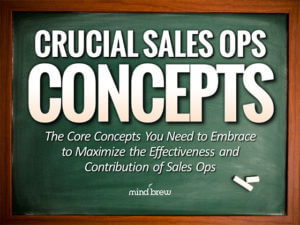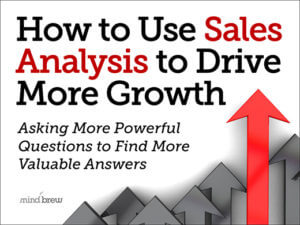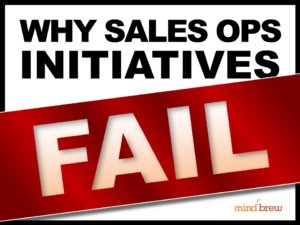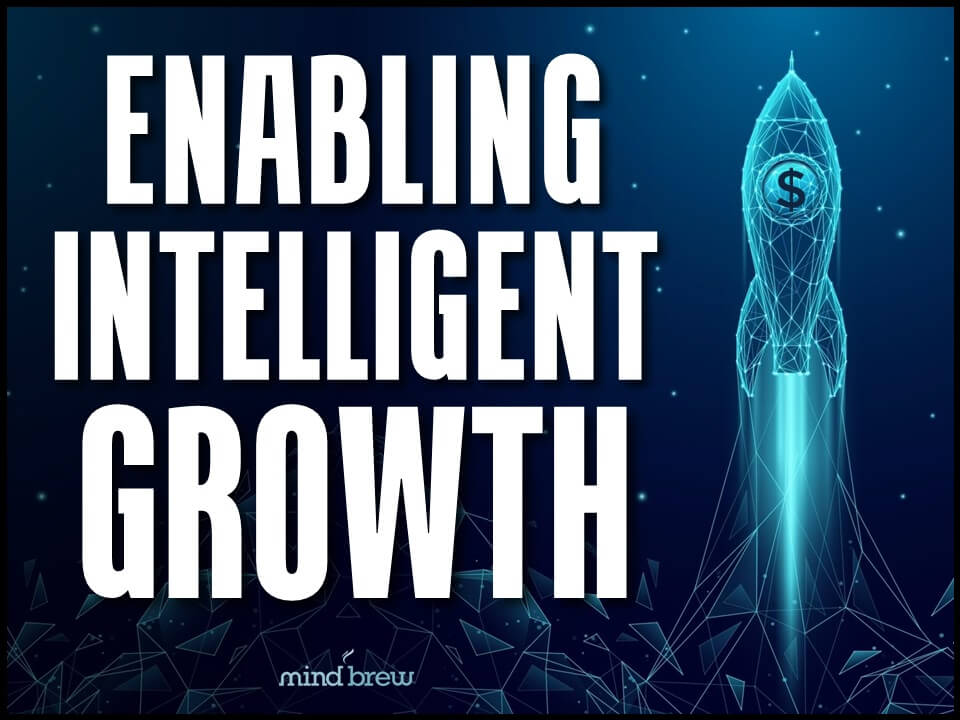In a one of our subscriber webinars, Crucial Sales Ops Concepts, we covered 15 key concepts that can have tremendous influence on a Sales Ops team’s effectiveness, performance, and contribution.
But even though we ran well past the scheduled hour, we should have spent a little more time clarifying the explanation behind one concept…because it might have seemed a bit negative or snarky at first blush.
The concept in question involves recognizing that salespeople can’t analyze data, won’t analyze data, and shouldn’t be expected to analyze data. And therefore, Sales Ops should perform as much of the analysis as possible and strive to deliver the resulting answers and conclusions.
As for the snark…
Are we saying that salespeople are too dumb to analyze data? Are we suggesting that salespeople are too lazy to analyze data? Not at all. We’re simply saying that it’s crucial to acknowledge that salespeople…in general…are not analytical people.
That’s not good or bad…better or worse…it’s just different.
Different types of people have different aptitudes and inclinations. And as a result, they gravitate toward different careers and organizational roles. Relationship people tend to gravitate toward careers in sales, marketing, communications, etc. Analytical people, on the other hand, tend to gravitate toward careers in accounting, engineering, product management, operations, and so on.
Now…think about turning your accountants into salespeople. Odds are, they wouldn’t want to do it, right? Odds are, they wouldn’t like doing it, right? Odds are, they wouldn’t be very good at it, right? And odds are, you’d get fired for doing something as silly as expecting accountants to be salespeople.
Similarly, you shouldn’t expect salespeople to be data analysts. They have neither the inclination nor the aptitude for slicing-and-dicing a bunch of numbers, looking for actionable insights, and interpreting what the underlying data is really saying.
That’s not bad, negative, or snarky…it’s just reality. And the sooner you acknowledge that reality and begin to deliver answers instead of data, the sooner you’ll see more significant results.














